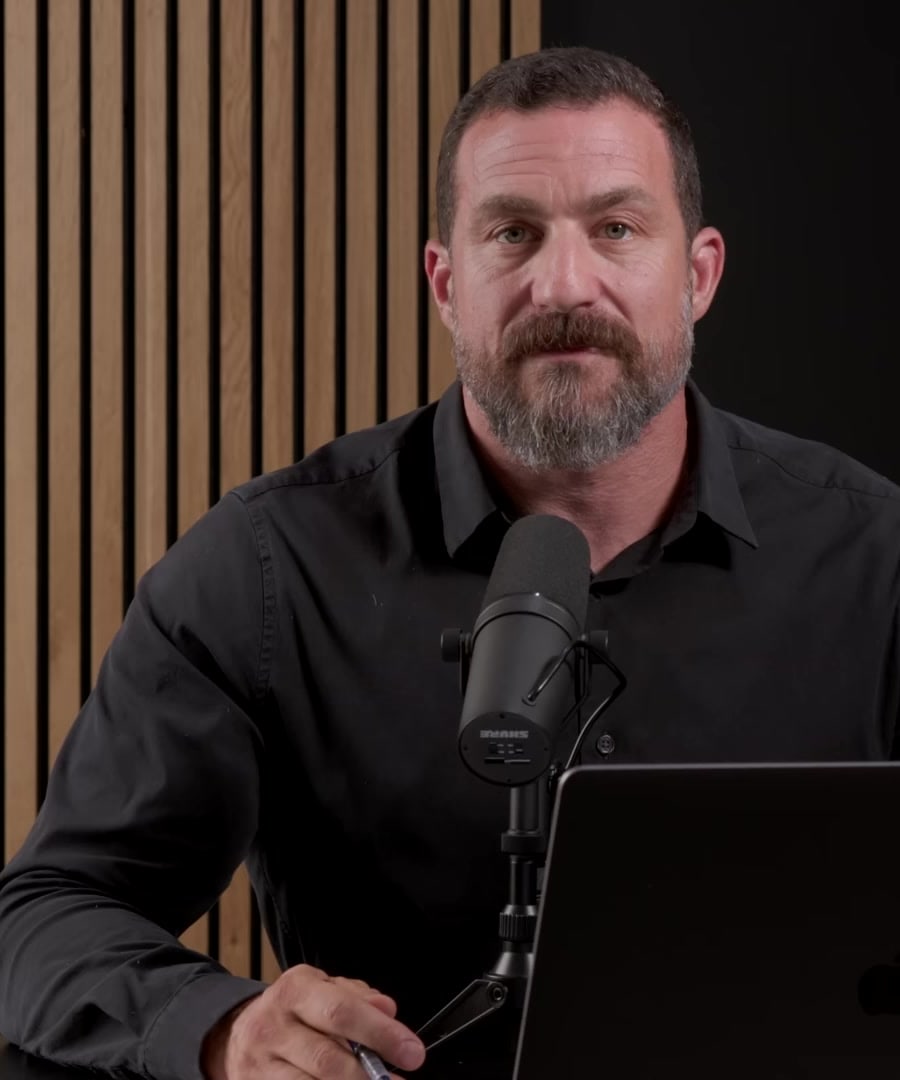How does Marijuana disrupt your sleep?
Sources:
Marijuana, particularly THC (tetrahydrocannabinol), disrupts sleep by affecting its architecture and specifically blocking REM (Rapid Eye Movement) sleep. explained that although THC might speed up the onset of non-consciousness and help some people fall asleep faster, it changes the electrical brainwave signature of sleep and blocks REM sleep. This can result in a lack of dream recall while using marijuana. After stopping its use, individuals may experience vivid and intense dreams due to a rebound effect, where the brain tries to reclaim the REM sleep it was deprived of 1 2.
In addition, discussed that substances like alcohol and THC induce pseudosleep states and disrupt the natural pattern of slow wave sleep early in the night followed by more REM sleep later 3. This disruption leads to sleep that is less restorative than normal sleep. There is also the issue of withdrawal dependency, where continuous use of THC for sleep can create a tolerance, requiring more to achieve the same effect, and if usage is stopped, it may cause severe rebound insomnia 4.
Furthermore, chronic use of THC impairs the function of mitochondria in the brain, which is associated with memory impairment and an amotivational state. This can harm overall mental and metabolic health 5. Understanding these effects is crucial for anyone considering the use of cannabis, particularly THC, for sleep or any other purposes, due to the potential negative impacts on sleep and overall health.
RELATED QUESTIONSHow can one improve sleep quality without using marijuana?
Sources:
To enhance sleep quality without relying on marijuana, the has covered a variety of methods. Here are some key strategies that recommends:
-
Temperature Control: Using technology like smart mattress covers that offer cooling or heating can significantly improve sleep quality. Maintaining the right temperature is crucial as a drop in core body temperature by about one to three degrees is needed to fall and stay asleep deeply 1.
-
Light Exposure: Adequate morning light exposure is important for setting the body's circadian rhythm. Seeking out natural light, especially in the morning, supports mental and physical health due to its role in dopamine production, setting melatonin production correctly, and managing cortisol levels 2.
-
Consistent Sleep-Wake Times: Consistency in sleep duration is vital. The quality of sleep can be better maintained with consistent sleep patterns, and it's more crucial for performance than merely increasing total sleep duration 3.
-
Stress Management and Positive Anticipation: Limiting stress and fostering a positive attitude can be beneficial. A study showed that positive anticipation about the next day's events can lead to better sleep quality, even with reduced sleep 3.
-
Supplements: Certain supplements might assist with sleep quality if behavioral changes are already optimized. Magnesium (in particular, magnesium threonate) and theanine are mentioned as options that can help turn off the mind and support sleepiness by increasing GABA levels. However, always consult a doctor before taking supplements 4 5.
It's essential to consider these non-pharmacological interventions as a first step before turning to supplements. Additionally, the website Examine.com is recommended as a resource for peer-reviewed studies related to supplements, helping to inform decisions about what might be safe and effective to try 5.
Addressing lifestyle factors, such as light exposure, sleep consistency, and stress management, is the foundational approach suggested by for improving sleep quality.
RELATED QUESTIONS-
How does Marijuana disrupt your sleep?
- RELATED QUESTIONS
How can one improve sleep quality without using marijuana?
- RELATED QUESTIONS









